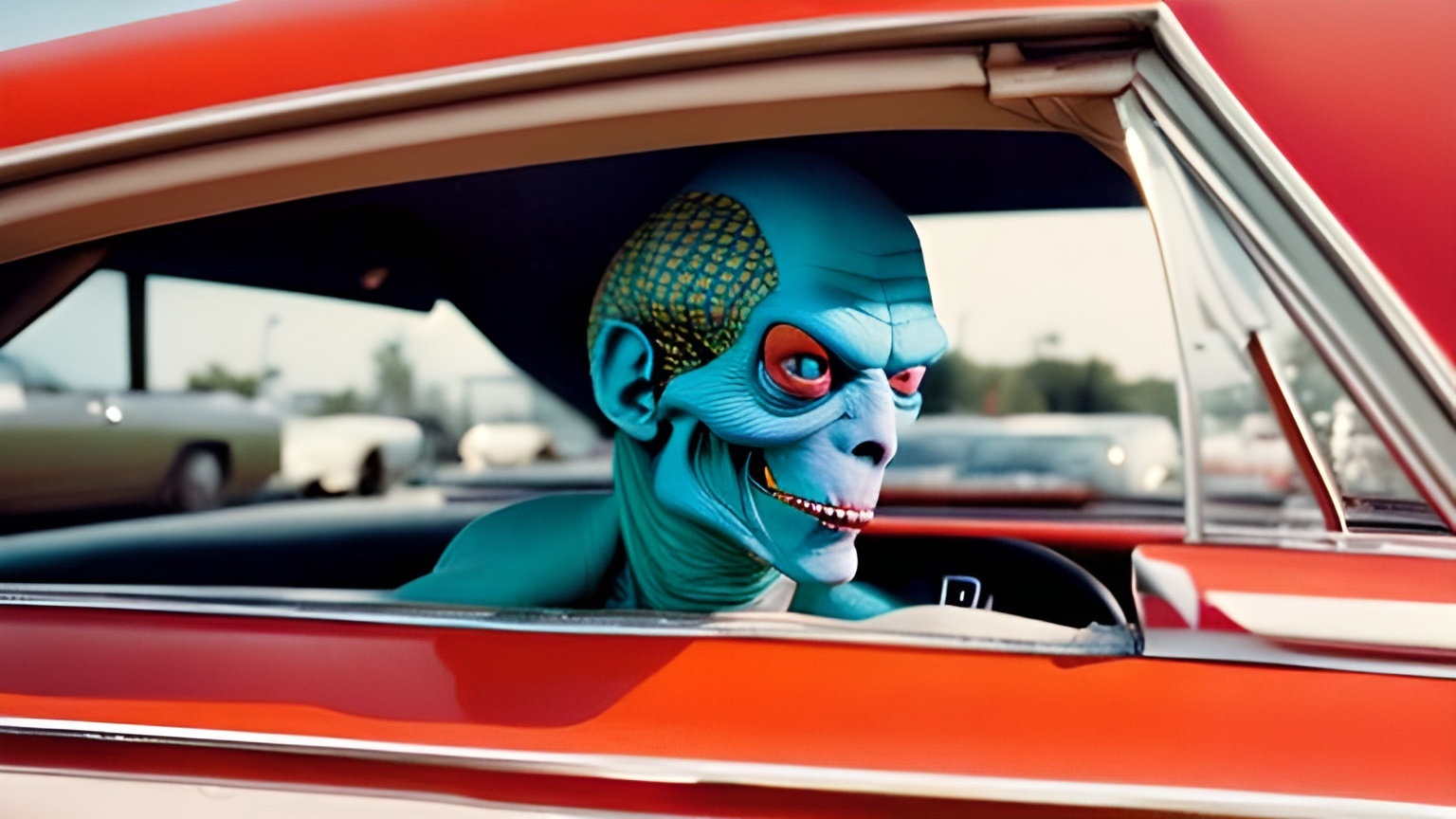Ritual and ceremony are deeply important aspects of the human experience. What cultures do with their dead is way, way up there with foodways and adornment when it comes to cultural significance.
The increasingly common view in the West that elaborate death rites are unimportant is really new when compared to the rest of human history. It’s probably a postmodern thing? If I’m right about that, that would mean the less reverential attitude towards traditional deatg ceremony is like 110ish years old.
Compared to the 200,000-300,000 years Homo Sapiens have been around (or 45,000 years ago if we only want to discuss the length of time that Northern European-style deathways have most likely been practiced), 100 years isn’t a lot to change that cultural inertia.
Sorry, I know this is a Wendy’s. Just a frosty, thanks.












Hey there! FYI I really appreciated this comment. The response to my comment here convinced me that Lemmy isn’t really the place for me. I popped back today to look something up, and I wanted to make sure you got a friendly hello after seeing your response.
I totally agree with everything you said. Having shared practices for remembrance and an established “typical” way to demonstrate care for deceased people is a significant part of maintaining social cohesion and so useful for giving individuals an outlet for grief.
The way an entire industry has emerged to capitalize on loss and paij sickens me, but that part is a whole different conversation.
My education is in archaeoligy, and my primary interest was American deathways. I’ve probably spent more time thinking about contemporary death rites and remembrance than I’ve thought about anything else as an adult.
Anyway, I hope you’re well! Keep on being a cool person.